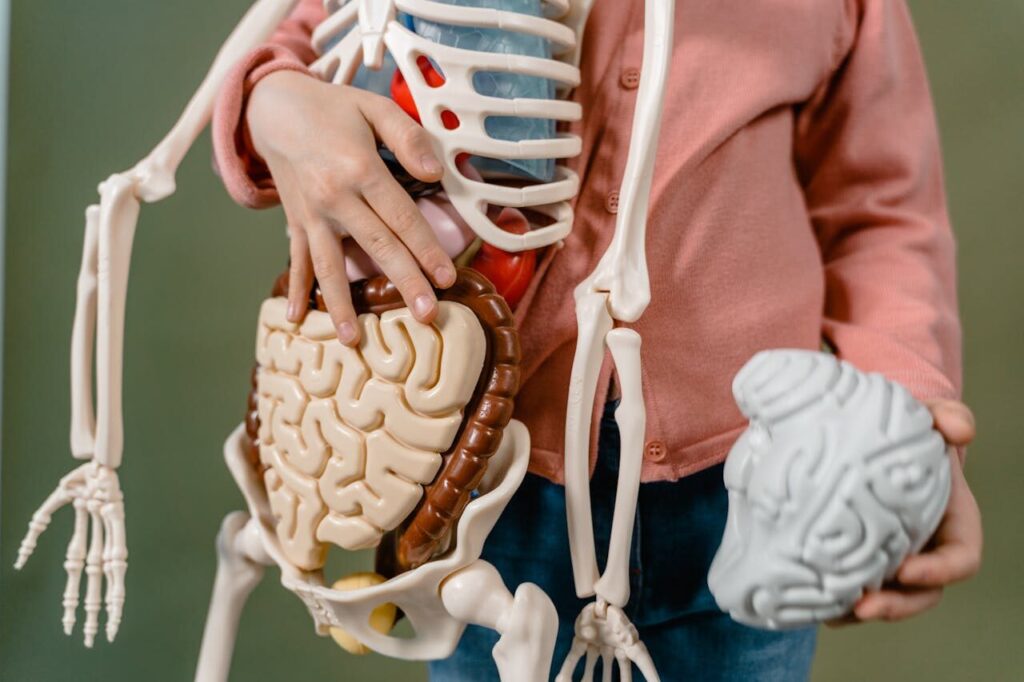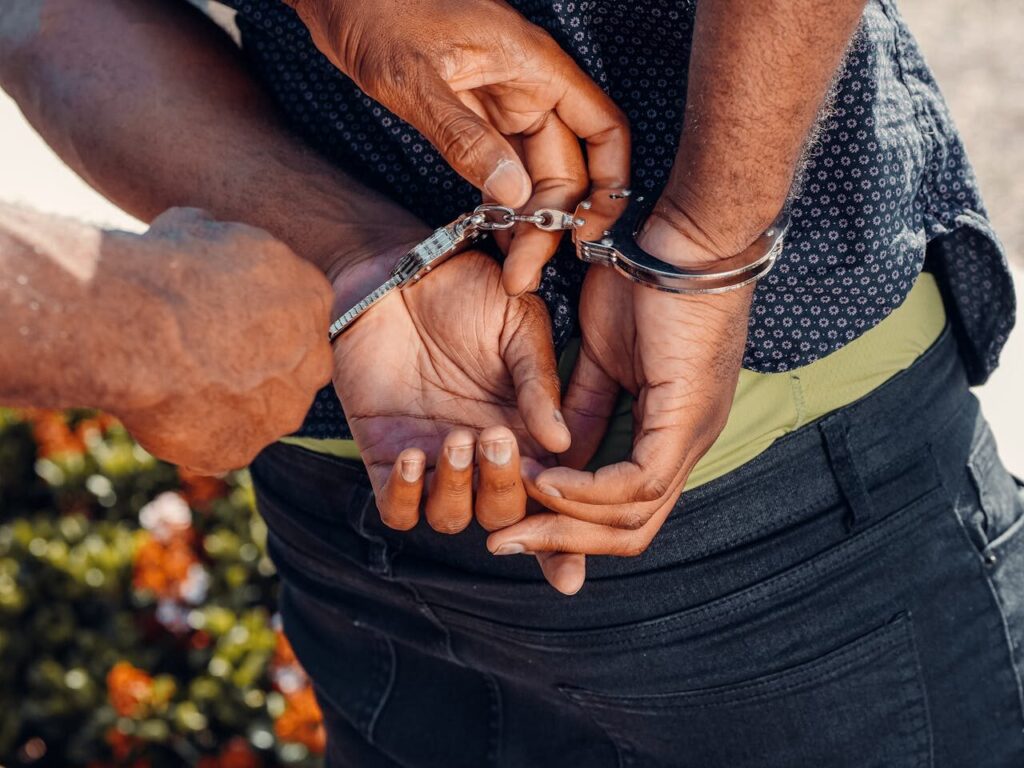Table of Contents
At some point in our lives, many of us face the truth that medicine alone isn’t enough — someone we love needs an organ transplant to survive. And while science has come a long way, the real heroes are the people who say yes to giving a piece of themselves so someone else can live.
Whether you’re looking for how to find an organ donor for a loved one, wondering where can I donate my organ, or simply exploring how to become an organ donor, this guide is for you. No jargon, no pressure — just real information, real emotion, and real hope.
At Fundsharing.org, we’re more than just a fundraising platform — we’re a lifeline for people battling critical health conditions. Every day, patients across Nepal, India, and around the world are not only struggling to raise money for surgery or post-operative care — they’re also desperately searching for an organ donor who can save their life.
Many patients have the financial support they need, but they still face one heartbreaking barrier: they can’t find a matching organ donor in time.
At the same time, there are kind-hearted people like you — people who are thinking about how to become an organ donor, or wondering where can I donate my organ to help others live on. Whether you want to donate your liver, eyes, heart, or kidneys, your gift could change — or even save — someone’s life.
Did you know that some organs, like the liver, can be donated while you’re still alive? In these cases, both you and the recipient can live long, healthy lives after surgery. Others may choose to donate organs after death, offering a final act of love and humanity. We’ve also heard touching stories of children who’ve donated their deceased parent’s organs — knowing that their loved one’s heart, eyes, or kidneys will continue to live on, helping others see, breathe, or walk again.

The Silent Emergency: When Money Isn’t the Only ProblemLearning how to find an organ donor can be the first step toward giving your loved one a second chance at life.
Here at Fundsharing.org, we’ve seen hundreds of cases where families somehow manage to collect the money for surgery — often through donations, crowdfunding, and the kindness of strangers. But they still can’t move forward. Why?
Because they can’t find an organ donor in time.
The truth is, time is everything. A mother with liver failure may only have weeks. A teenager waiting for a kidney transplant may lose their chance if a matching donor isn’t found quickly. And every day, someone dies not because of lack of funds, but because they didn’t find the organ their body desperately needed.
That’s why we’ve built a platform not only for fundraising, but also for bringing people and purpose together. Whether you need an organ or want to give one, you’ve come to the right place.
How to Find an Organ Donor (When Time is Running Out)

Finding an organ donor is one of the most difficult and emotional journeys any family will face. But it’s not impossible — especially if you start with awareness, support, and trusted networks.
Many families begin their transplant journey by asking a difficult question: how to find an organ donor in time. Here’s how families and patients can search for donors:
1. Start with Hospital Transplant Lists
Most major hospitals maintain a living donor and deceased donor waiting list. If you’re being treated at a government-approved transplant center, ask to be listed — and keep following up regularly. Don’t wait for a miracle; become proactive.
2. Register on National Organ Sharing Portals
- India: Visit NOTTO (National Organ & Tissue Transplant Organization)
- Nepal: Use services offered via hospitals like TUTH or National Kidney Center.
- www.fundsharing.org: we enroll Information and suggest perfect matched organ.
These organizations help match recipients with donors nationwide.
3. Create Awareness Through Fundsharing.org
Our platform allows families to create fundraising pages that also explain the need for an organ donor. Sometimes, donors come forward after reading real stories — especially when they know a life can be saved.
4. Tap Into Local Communities and Faith Groups
Some of the most successful donor matches come from local communities. Places of worship, support groups, and even social media campaigns can create incredible impact when done with sensitivity.
5. Use Verified Platforms and Never Buy Organs
This is important: Never fall for illegal or black-market offers. Organ donation must be done ethically and legally to protect both the donor and recipient. Fundsharing.org verifies all medical cases and protects privacy and safety.
When every hour matters, knowing how to find an organ donor through verified platforms can save lives.
🫀 Where Can I Donate My Organ — And How to Do It Safely
This is one of the most beautiful questions someone can ask.
If you’re wondering where can I donate my organ, there are two main ways to begin your journey. The first and most immediate step is to contact a reputed hospital near you. In today’s world — with rising health issues and lifestyle-related diseases — hospitals often know patients in urgent need of transplants. You may easily find someone who needs an organ by simply asking your local hospital’s transplant coordinator.
The second option is to join the organ donation program at Fundsharing.org. When you fill out our form, we securely store your details and match you with verified patients in need — based on blood group, organ compatibility, and medical urgency. This ensures your decision to donate truly helps someone in need — not someone trying to profit from it.
Because here’s the truth: how to find an organ donor is only half the challenge. From the donor’s side, a more pressing concern is how to find a real patient — someone genuine and truly in need. Sadly, in some cases, donors are misled by smugglers or middlemen who take organs under false promises and sell them at a high price to desperate families. That’s why verification and transparency are at the heart of everything we do at Fundsharing.org.
💓 1. Living Organ Donation
This includes organs like:
- A portion of your liver
- One kidney
- Bone marrow or stem cells
You can live a full and healthy life with one kidney or a partial liver. Many parents donate to their children, siblings to siblings, or even strangers step up after hearing a story.
🕊 2. Deceased Organ Donation
If you wish to donate your organs after death, you can register with official portals:
- India: NOTTO (via Aadhaar or hospital forms)
- Nepal: Local hospitals like TUTH or Teaching Hospital maintain donor forms.
- www.fundsharing.org: we enroll Information and suggest perfect matched organ.
Some of the most donated organs include:
- Eyes (corneas)
Your corneas can be donated up to 6–12 hours after death. Corneal transplants restore sight to people suffering from corneal blindness, injuries, or degenerative eye diseases. The procedure is relatively quick and successful in most cases. One donor can restore sight for up to two people.
- Heart
The human heart must be transplanted within 4–6 hours after death. It is used for patients with end-stage heart failure or irreversible heart disease. Timing and transport are critical, which is why registered donors are usually prioritized near transplant centers. A single donated heart can literally bring someone back from the brink of death.
- Lungs
Lungs need to be transplanted within 6–8 hours after death. Patients with conditions like pulmonary fibrosis or severe COPD may depend on a lung transplant for survival. One donor can help two patients by donating both lungs. Lung transplants improve not just lifespan, but quality of breathing and energy.
- Liver
The liver can remain viable for up to 12 hours after death. It’s often used to treat patients with cirrhosis, liver cancer, or genetic liver diseases. A healthy liver can be split between two recipients, helping more than one person at once. This organ regenerates well, even after partial transplants.
- Kidneys
Kidneys remain usable for 24–36 hours, making them the longest-surviving solid organ after death. Kidney transplants help people with end-stage renal failure avoid lifelong dialysis. One donor can give both kidneys, restoring normal life to two individuals. It’s also the most commonly transplanted organ worldwide.
- Pancreas
The pancreas can be used for transplantation within 12–24 hours. It’s primarily used for patients with severe Type 1 diabetes who can no longer regulate their insulin. A pancreas transplant can eliminate the need for insulin injections entirely. In some cases, the pancreas is transplanted together with a kidney.
Imagine this: Even after you’re gone, someone’s mother can see again through your eyes. A father can hold his child again with your heart. You don’t just donate an organ — you continue someone else’s life.
For those dealing with medical emergencies, understanding how to find an organ donor becomes a deeply personal mission.
How to Become an Organ Donor: A Step-by-Step Guide

Making the decision to become an organ donor is powerful — and easier than most people think.
Step 1: Decide What You’re Comfortable With
Some people only want to donate after death. Others are willing to donate a kidney or liver while alive. Decide what feels right for you.
Step 2: Register on a National Portal or Hospital
- India: Register via NOTTO
- Nepal: Contact hospitals like Bir Hospital, Nepal Mediciti, or Tribhuvan University Teaching Hospital.
Step 3: Inform Your Family
Make sure your loved ones know your decision. In many countries, even if you’re a registered donor, family consent is still required.
Step 4: Keep Your Donor Card or Registration Info
This helps hospitals and caregivers act quickly in emergencies. You can also add “organ donor” to your ID or Aadhaar if supported.
Doctors often advise patients to learn how to find an organ donor early, especially if the waitlist is long.
How Fundsharing.org Bridges Donors and Recipients
At Fundsharing, we realized something crucial: finding an organ is only half the battle. Many people still need financial support to cover:
- Surgery and transplant costs
- ICU care and medications
- Post-transplant drugs (like anti-rejection medication)
This is why we combine both worlds:
- Organ donation awareness
- Medical fundraising support
Whether you’re planning to donate, or trying to raise funds for someone waiting for a transplant, our team helps you take the next step — with guidance, trust, and local support. In many regions, how to find an organ donor is a question that still doesn’t have clear answers — and we’re working to change that.
💙 Meet SafeMe: Your Secure Giving Partner

When dealing with something as personal as organ donation or life-threatening illness, security matters. That’s why we’ve integrated SafeMe, a trusted privacy shield built into the Fundsharing platform.
With SafeMe, you get:
- ✅ Verified recipient and donor identity checks
- ✅ Private communication channels
- ✅ Local area matching and donor form visibility
- ✅ Fraud protection and scam filtering
- ✅ Emotional support resources
- ✅ Patient record confidentiality
Whether you’re donating an organ or searching for one, SafeMe ensures you’re not alone — and never unsafe. Whether through hospitals, national registries, or community support, how to find an organ donor is something every patient deserves to understand.
You Can Be the Answer to Someone’s Prayers
Not everyone can donate money. But if you’re healthy, kind-hearted, and informed — you might just be able to give someone their life back. Whether through organ donation or sharing their story through Fundsharing.org, every step you take matters. We created this guide because too many families still struggle with how to find an organ donor when time is slipping away.
If you’re asking:
- How to find an organ donor?
- Where can I donate my organ?
- How to become an organ donor?
…then know this: the answers begin right here.
Fill Out Our Organ Donor Form.
Read More Articles:
- 🔗 How to Start Fundraising
- 🔗 How to Become Successful in Fundraising
- 🔗 How to Save a Life During a Medical Emergency
- 🔗 Financial Help for Hospital Bills
⚠️ Be Cautious When Searching or Offering Help
When you’re searching how to find an organ donor, it’s important to remember that not every source is trustworthy. In today’s digital age, how to find an organ donor has become a trending question — but sadly, it has also attracted smugglers and criminals who exploit people’s desperation. Many families searching how to find an organ donor end up connecting with the wrong people, and instead of receiving help, they lose both money and hope. On the other hand, generous individuals who search how to find an organ donor to offer support may unknowingly fall into traps set by organ rackets.

We’ve seen cases where scammers advertise fake patients and then ask for money in the name of medical urgency. In some situations, donors offering their organs with pure intentions are tricked into giving up vital parts, which are later sold at a high price — all because they didn’t verify who they were helping. So, while it’s noble to explore how to find an organ donor, it’s equally crucial to ask how to find an organ donor safely. Always remember: how to find an organ donor is not just about giving or receiving — it’s about doing it responsibly.
At Fundsharing.org, we understand the risks that come with how to find an organ donor, which is why we’ve built strict verification processes for both patients and donors. If you’re truly committed to understanding how to find an organ donor and making a real difference, do it with protection, clarity, and care. Don’t let your kindness become someone else’s profit. How to find an organ donor should never end in regret — it should end in hope, healing, and truth.
